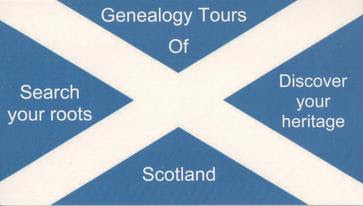James, in his continuing attempt to restore the name of Stuart to the throne, proclaimed that his charismatic son, Charles, was now to be the King of Scotland , England and Ireland
The Proclamation reads:
"Whereas We have a near prospect of being restored to the Throne of Our Ancestors, by the good Inclinations of Our Subjects towards Us; and whereas, on Account of the present Situation of this Country, it will be absolutely impossible for Us to be in Person at the first setting up of Our Royal Standard, and even sometime after; We therefore esteem it for Our Service, and the Good of Our Kingdoms and Dominions, to nominate and appoint, as We hereby nominate, constitute and appoint Our dearest Son CHARLES, Prince of Wales, to be sole Regent of Our Kingdoms of England, Scotland, and Ireland, and of all other Our Dominions, during Our Absence. It is Our Will and Intention That Our said dearest Son should enjoy and exercise all that Power and Authority, which according to the ancient Constitution of Our Kingdoms, has been enjoyed and exercised by former Regents. Requiring all Our faithful Subjects to give all due submission and Obedience to Our Regent aforesaid, as immediately representing Our Royal Person, and acting by Our Authority. And We do hereby revoke all Commissions of Regency, granted to any Person or Persons whatsoever. And Lastly, We hereby dispense with all formalities, and other Omissions that may be herein contained; declaring this Our Commission to be as firm and valid to all Intents and Purposes. as if it had passed Our Great Seals, and as if it were according to the usual Stile and Forms. Given under Our Sign Manual and Privy Signer, at Our Court at Rome
Of course, the Kingdoms were not James' to grant to his son or to anyone else for that matter. The rest, as they say, is history.










